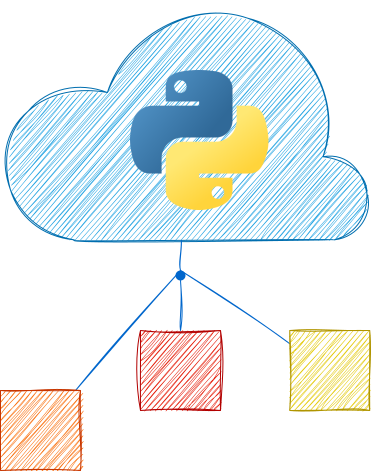Course Overview
In this comprehensive two-day course, you will gain an extensive overview of the machine learning landscape, providing you with the foundational knowledge to start applying machine learning techniques on your own. You will explore both supervised and unsupervised learning, delving into regression and classification algorithms among other key concepts. The course is hands-on, so be prepared to engage in practical exercises. You will work with the open-source, industry-standard scikit-learn framework and Jupyter Notebooks.
Course Prerequisites
Basic Python skills are necessary. If you're not fully fluent, no worries—our focus will mainly be on understanding machine learning concepts.
Outline
Who Should Take This Course?
This course is ideal for professionals working with data who are keen to expand their knowledge of data science and machine learning. It offers a balanced mix of theoretical insights and practical hands-on coding exercises. Learning Objectives
By the end of this course, you will be able to:
- Understand the machine learning landscape
- Identify and apply popular algorithms, recognizing their applicability and limitations
- Choose the appropriate algorithm for different tasks
- Create and train machine learning models
- Apply machine learning to practical use cases
Outline
Topics
- Supervised learning
- Unsupervised learning
- Regression
- Classification
- Correlations
- Errors/Residuals
- Overfitting/Underfitting
- Model validation
- ROC curve and Area Under Curve (AUC)
- Feature Engineering
- Hyperparameter tuning
- Stacking, Bagging & Boosting
Machine learning models:
- Linear regression
- Logistic Regression
- Naive Bayes
- K-Nearest Neighbors
- Random Forest
- K-Means


